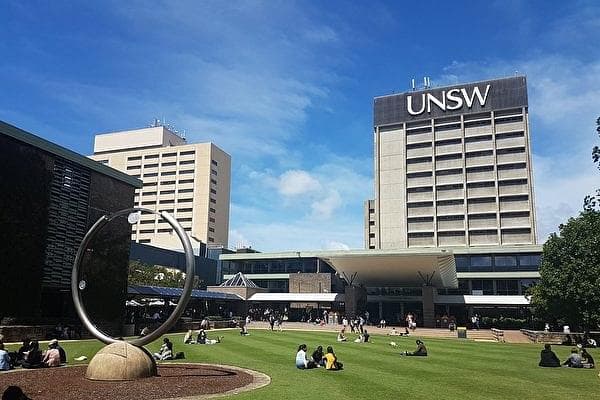Master of City Planning at University of New South Wales
Sydney, Australia
- Tuition Fee AU$ 40,705
- Country Rank#1
- Duration24 Months
- Score IELTS: 7 TOEFL: 94
Program Overview
The Master of City Planning at UNSW is a two-year, professionally accredited postgraduate degree that allows you to bring experience from previous study to launch a career in urban and regional planning.
City planning is an exciting, varied and progressive profession that plays a pivotal role in decisions shaping the future of cities and regions. Through a career in planning, you’ll improve lives by designing cities that are sustainable, equitable, healthy and inspiring.
As part of the Faculty of Arts, Design & Architecture you’ll join a uniquely interdisciplinary and supportive community. You’ll work alongside students and professionals from across the built environment, just as you would in the workplace. You’ll benefit from UNSW’s strong ties to industry and world-leading research in city planning, as you explore diverse subjects including city renewal, city analytics, housing policy and healthy sustainable communities.
In your second year you’ll devise and undertake an independent major research project, which allows you to deepen your expertise in an area of specialisation and empowers you to kick-start your career by adding to your professional portfolio.
Cost Of Studying At University of New South Wales
Interest rates as low as 8.9% *
250K+
Students Assisted
800Cr+
Loan Amount Disbursed
5000+
Loans Sanctioned
